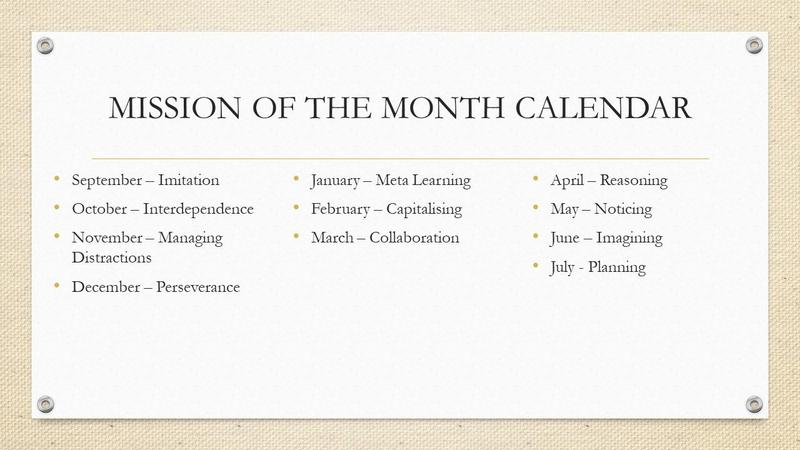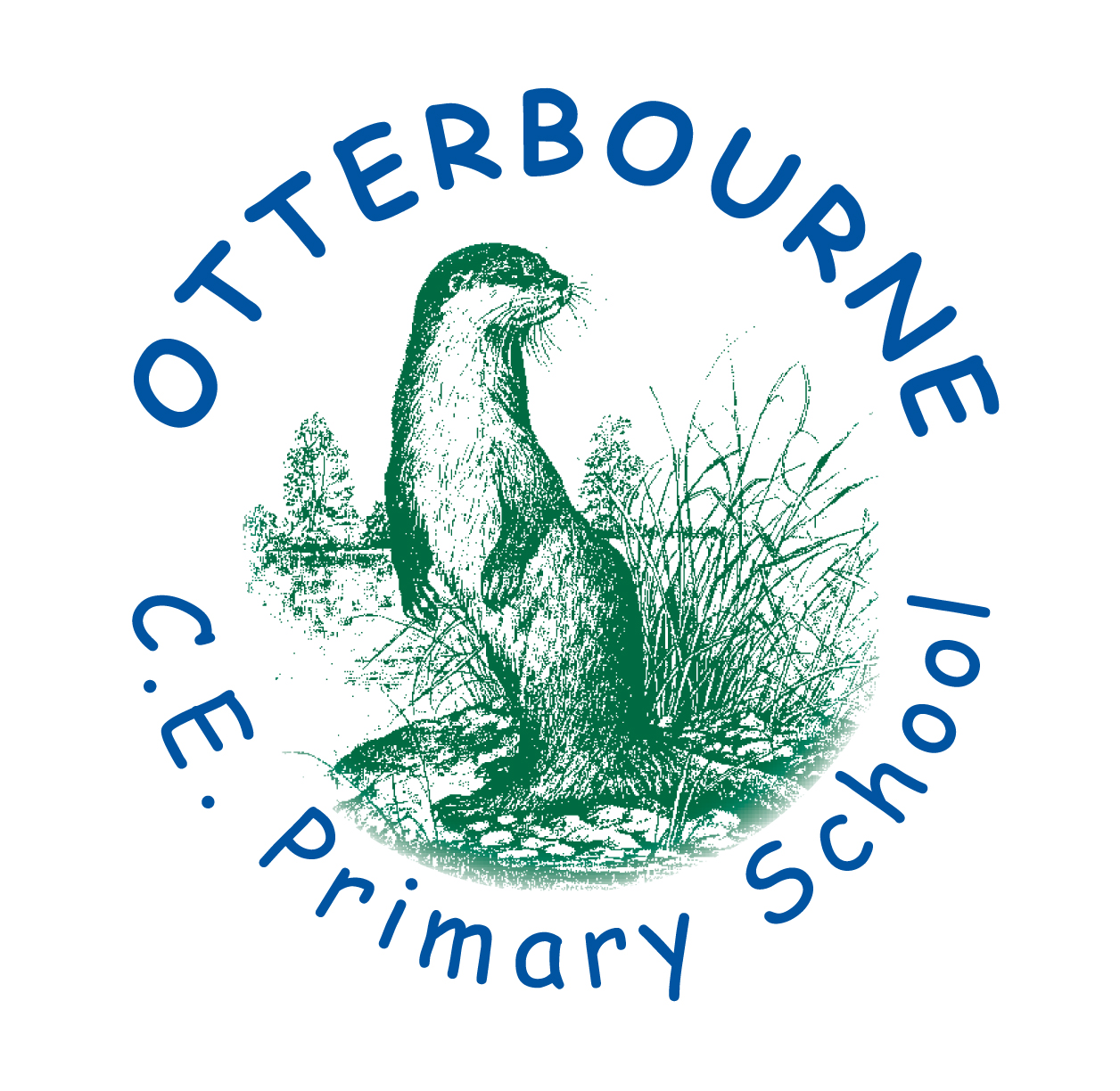Building Learning Power
At Otterbourne Church of England Primary School, we understand the value of children finding success for themselves. Pride is one of our 'ten words of understanding' and as much as we celebrate achievements with the children, nothing can replace that eureka moment, when the children can finally say 'I did it!'
It isn't easy getting to that point though, and the ALIVE teaching and learning strategy we follow in the school is designed to ensure that ALL learners are given the scaffolds and supports they need to develop life skills that will hopefully stay with them as they have those moments again and again. One of those supports is helping them to learn to be a learner; helping them recognise the skills that they need to be successful and become the best versions of themselves.
Here, we call it our Mission of The Month, but it is more widely known as Building Learning Power:
Building Learning Power appeals to anyone who wants to know how to get better results and contribute to the development of real-life learners – both at once. It is for teachers, teacher trainers, parents and anyone involved in formal and informal education. It particularly appeals to those who want more than sound-bites and quick fixes; who seek a satisfying approach that leads to cumulative growth in students’ real-life self-confidence and ingenuity. (taken from the Building Learning Power website).
Guy Claxton, (click here for his website), created the Building Learning Power programme and suggests that there are 4 key learning groups with a range of muscles (we refer to them as 'powers') in each:


What each of the powers (muscles) mean:
RESILIENCE GROUP
Absorption Learning Power; you become engrossed in what you are doing; you are unaware of time passing, you take time to go over the learning
Managing Distraction Learning Power; you know what distracts you, you try to minimise distractions, you settle back quickly after an interruption
Noticing Learning Power; you notice how things look, what they are made of, or how they behave, you can identify significant detail
Perseverance Learning Power; you are not put off by being stuck, you keep on going despite difficulties and find ways to overcome them, you recognise that learning can be a struggle
RESOURCEFULNESS GROUP
Questioning Learning Power; you are curious about things and people, you often wonder why, you play with ideas, asking "How come?" and "What if?"
Making Links Learning Power; you look for connections between experiences or ideas, you find pleasure in seeing how things fit together, you make patterns
Capitalising Learning Power; Take advantage of every opportunity that you can whether it is learning, practising or pushing yourself further.
Imagining Learning Power; you picture how things might look, sound, feel, be; you let your mind explore and play with possibilities and ideas
Reasoning Learning Power; you create logical arguments, you deduce what might happen, you look for evidence
REFLECTIVENESS GROUP
Planning Learning Power; you think about what you want to get out of learning, you plan the steps you might take, you assess which resources you may need.
Revising Learning Power; you are ready to revise your plans as you go along, monitor how things are going, change your plans when you've had a better idea.
Distilling Learning Power; you mull over experiences, draw out useful lessons from experiences, think about where else you might use these lessons.
Meta-Learning Power; you are interested in how you learn as an individual, know your strengths and weaknesses as a learner, are interested in becoming a better learner.
RECIPROCITY GROUP
Interdependence Learning Power; you know how much interaction you need with others to assist your learning, you make informed choices about working on your own or with others.
Collaboration Learning Power; you manage your feelings when working with others, you understand the ground rules of team work, you are able to work effectively as part of a pair or team.
Empathy and Listening Learning Power; you put yourself in other people's shoes to see the world from their point of view, show you are listening by eye contact and body language, hear feelings and thoughts behind someone's words.
Imitation Learning Power; you are ready to learn from others, notice the approach and detail of how others do things.
At school, we have identified those powers which fit most naturally in to our curriculum and aspirations for the children. We are still at the beginning of our journey with Building Learning Power. Last year, we introduced the language around BLP and started directly recognising children who were able to talk about and demonstrate a specific 'power' each month. This is our Mission of the Month that is celebrated each month in an upbeat celebration worship.
This year, we have developed our PSHE and Personal Development curriculum, linking a different set of powers to key aspects of the curriculum so that the children can deepen their understanding of how learning to be a learner can lead to greater successes. Where possible, these are linked to our enrichment activities too, adding another dimension to this understanding.
This is the calendar for the Mission of the Month this year:

